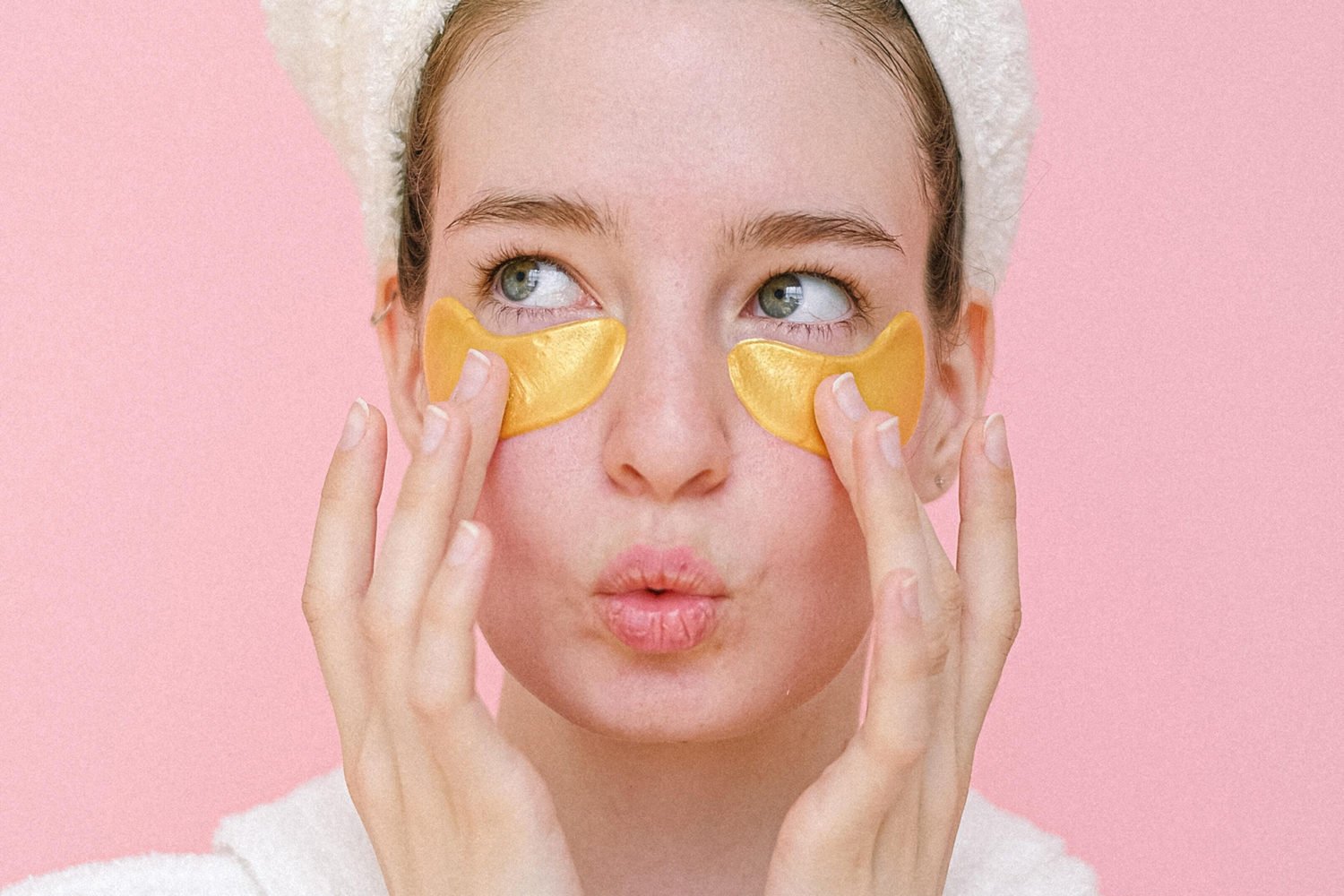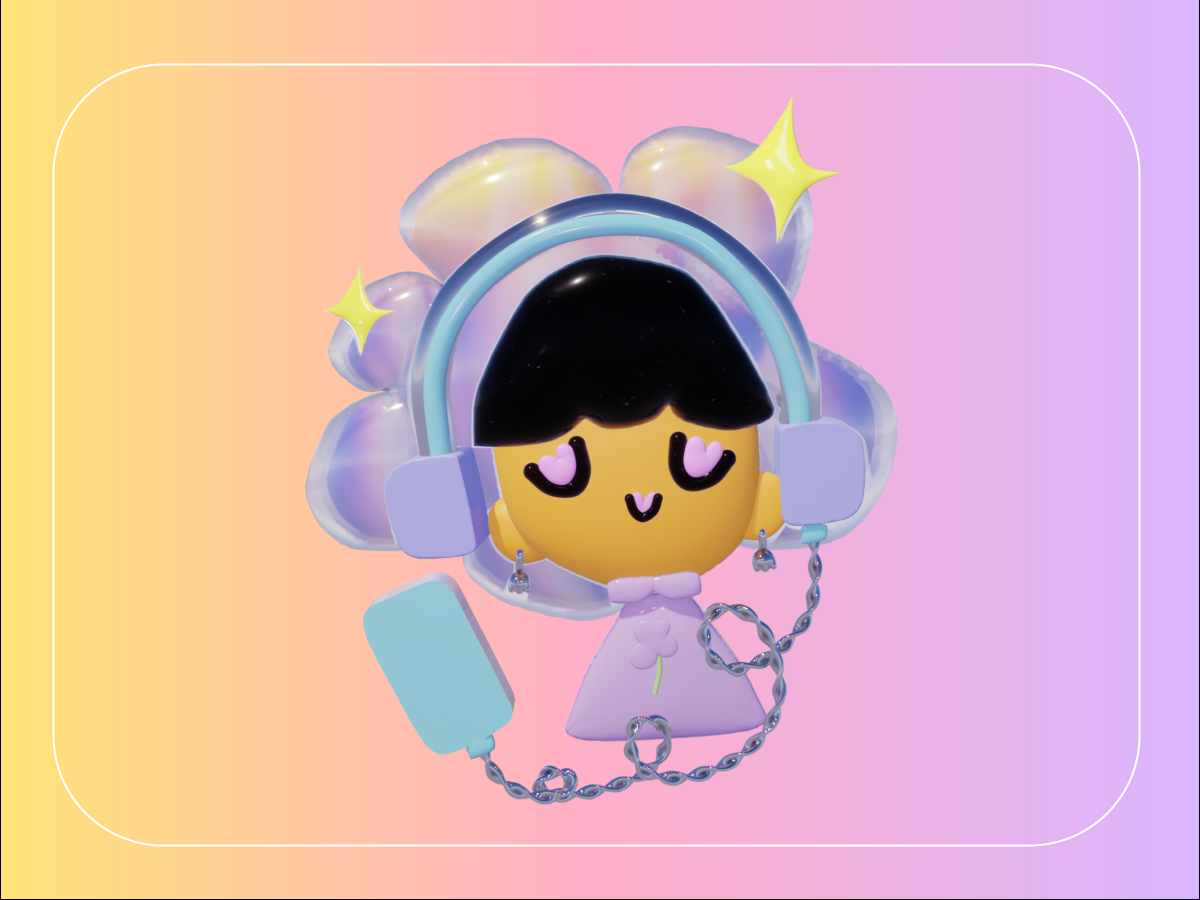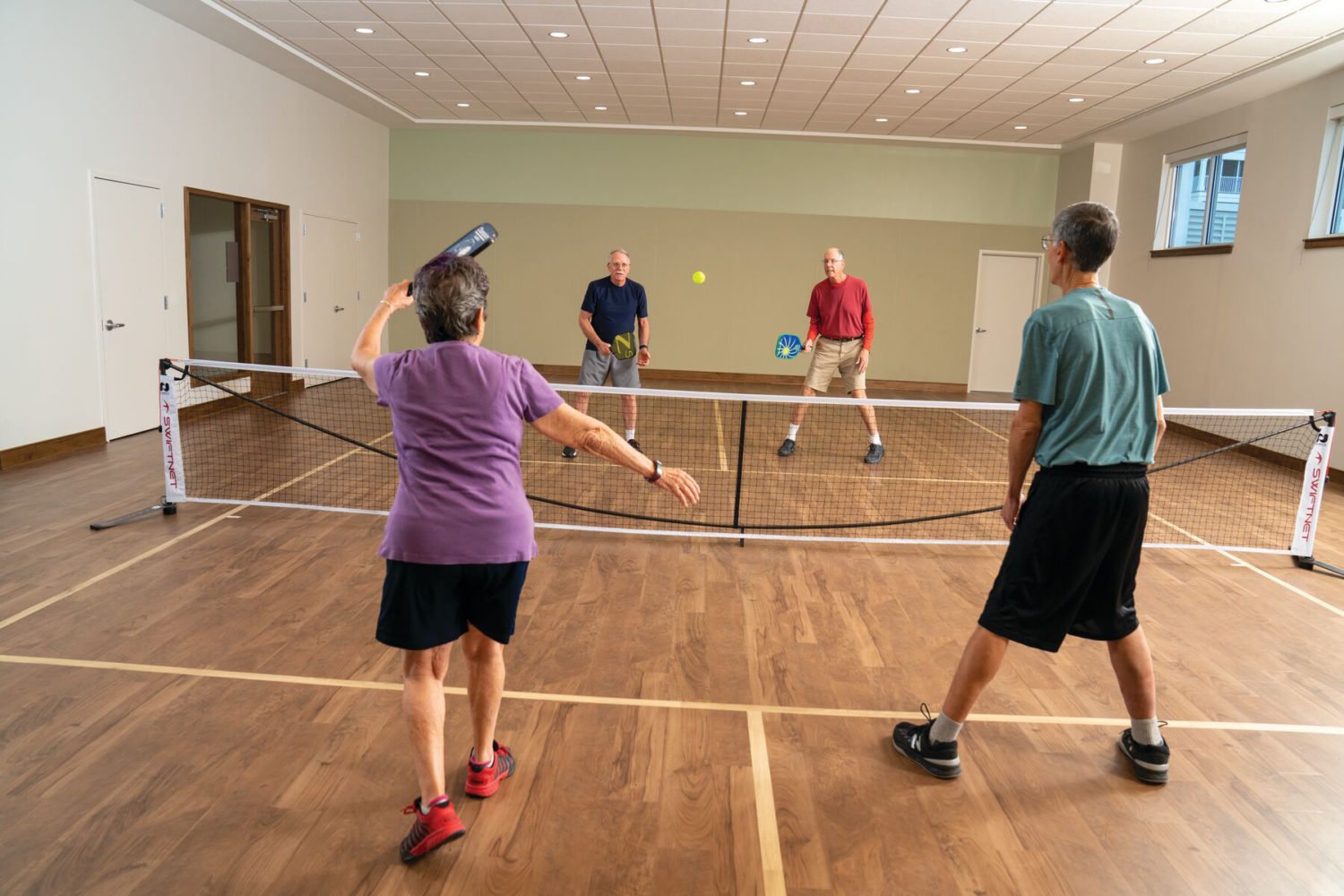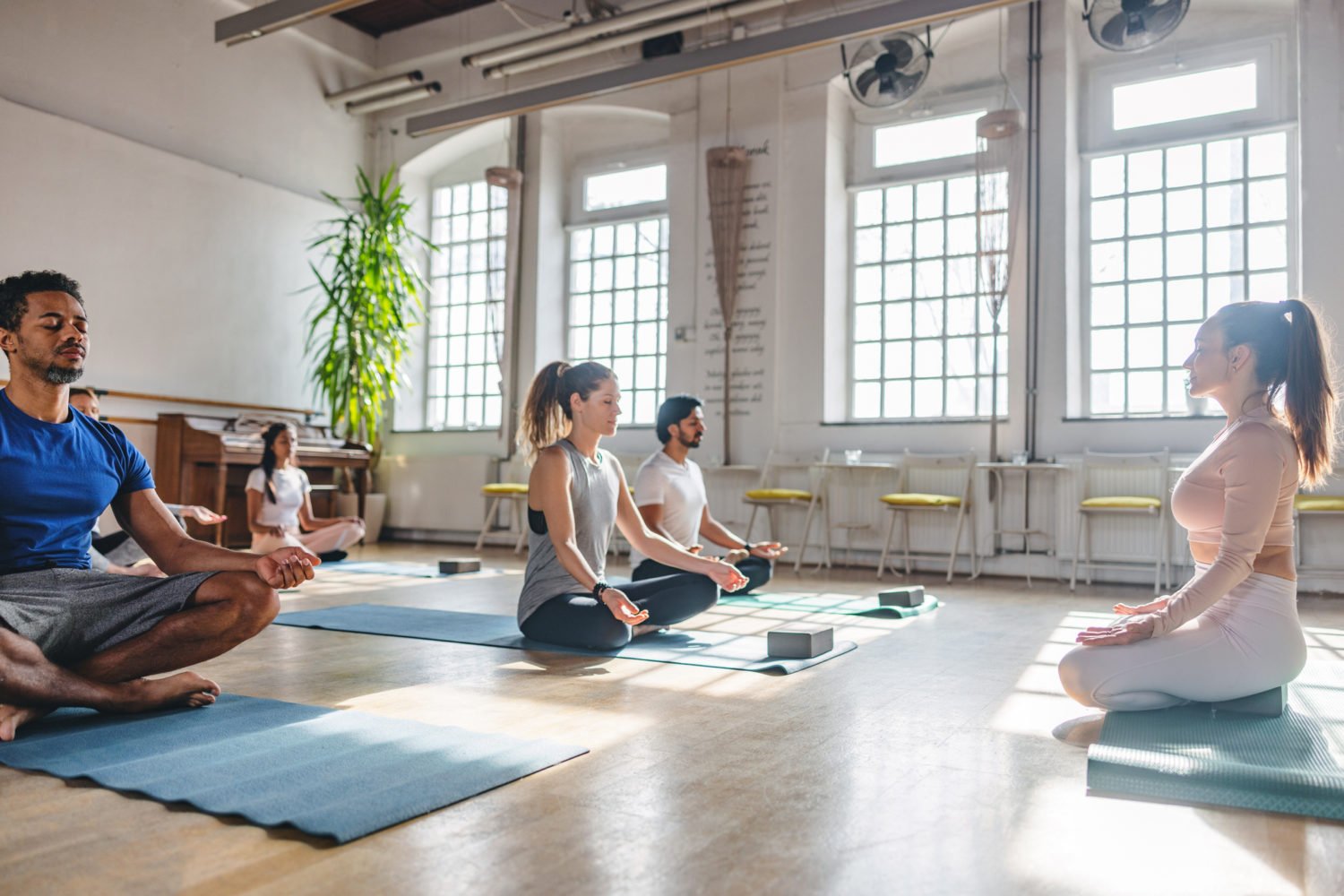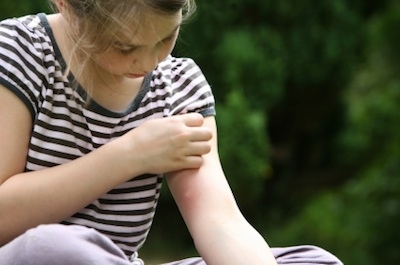
Washington summers mean more than sticky shirts and sweaty brows. It’s also mosquito season, and according to recent reports, area pests are leaving more than itchy, red bites in their wake.
The District’s Department of Health announced yesterday that it found West Nile Virus in several mosquito samples in DC’s Woodley Park, Adams Morgan, and North Cleveland Park neighborhoods. Health officials from Fairfax and Prince William counties in Virginia have also found mosquitoes carrying the virus.
West Nile virus typically infects birds, but the disease can spread to humans and other animals from infected mosquito bites. Most people don’t show symptoms, but about one in five people develop flu-like symptoms and, in more extreme cases, the virus can be fatal.
Children and adults over the age of 50 are at a higher risk, but everyone should take precaution, says Joseph Conlon, the technical advisor of the American Mosquito Control Association and a former entomologist. He likes to give people what he calls the “three D’s” for mosquito prevention: drain, dress, and defend.
Mosquitoes can breed in any body of stagnant water, so it’s important to keep track of areas where water can collect. If you have a pet, don’t leave the water dish outside. If you have gutters, keep them clean.
“You have to be really fastidious about it. I’ve seen mosquitoes breeding in Coke bottle tops,” Conlon says.
But keeping mosquitoes out of your yard doesn’t mean you have to give up your birdbath or koi pond. Just change the water every five days or use a larvicide, which keeps mosquito larvae from developing into mean, lean, biting machine adults. Larvicides—Conlon likes Mosquito Dunks and Pre-Strike Mosquito Torpedo—can be purchased at hardware stores and garden centers. Agnique, an alcohol derivative that keeps mosquitoes from breeding by changing the surface tension of water, is safe for drinking water.
Mosquitos bite most often during dawn and dusk, so cover up in light-colored, loose-fitting clothing and use an EPA-registered repellent. Adults and children older than two months should use repellents with up to 30 percent DEET concentration, though Conlon says 10 percent is enough for children. If you don’t like the chemical smell or greasiness of DEET, picaridin (found in products like Cutter Advanced Sport repellent) is a good alternative, or you can try oil of lemon eucalyptus, an all-natural option. If you go for the oil, Repel is a brand found in most grocery stores, make sure it has a concentration of no higher than 40 percent.
If you develop any flu-like symptoms such as fever, headache and body aches, nausea, vomiting, or skin rashes, make sure to tell your physician if you’ve been around mosquitos. In more extreme cases, infected people can develop severe symptoms include convulsions, vision loss, and paralysis.
But don’t worry, only one in 150 people get that far, less than a 1 percent chance. Still, Conlon says people shouldn’t bet on their health. He knows of a physician and marathon runner who was in bed for days after getting bitten by a mosquito when he stopped to chat with a neighbor while getting his mail. The best way to keep safe is to follow his recommended three D’s, he says.
“It matters not what physical condition you’re in,” Conlon says. “West Nile can lay you low.”
*This article originally misspelled Joseph Conlon's name. We regret the error.

